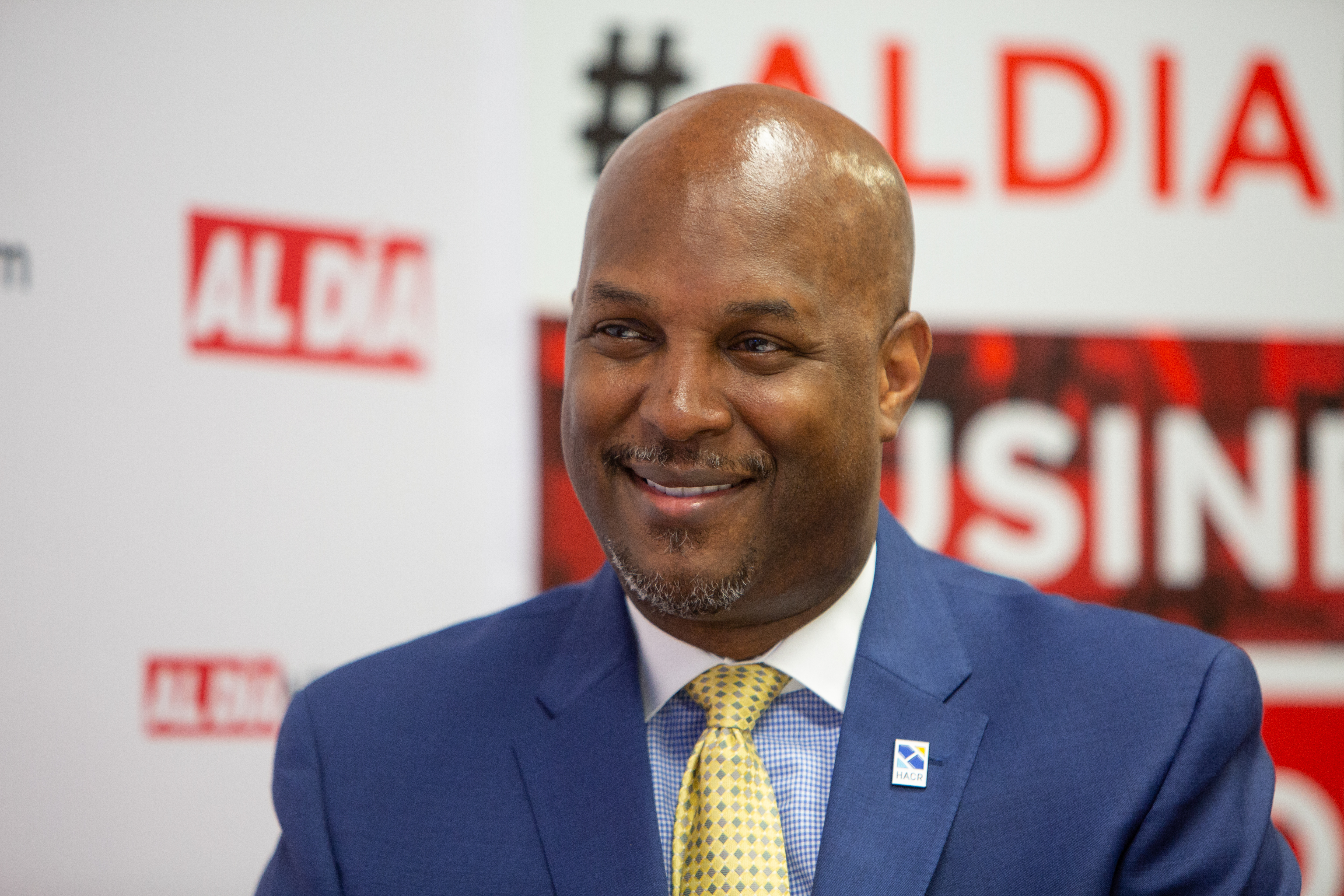
Hispanics on the rise economically, but still trailing
The head of the Hispanic Association on Corporate Responsibility (HACR) said that while Hispanics have made economic progress, it’s still not commensurate with the community’s economic impact.
Cid Wilson is President and Chief Executive Officer of HACR and he spoke with AL DÍA after his group published its Corporate Inclusion Index (CII).
“Unemployment has dropped over the last 10 years, more are going to college,” Wilson said of the Hispanic community. “Bigger question: What’s the outlook for us to be on par, economic parity?”
The CII presented a layered picture of the Hispanic community’s economic standing and outlook.
Hispanics, while representing 18.5 percent of the population, contributed approximately $1.5 trillion to the gross domestic product (GDP), and there are currently 4.37 million Hispanic-owned businesses.
The average Hispanic household income was $44,800, a significant increase from five and ten years ago, but it still trails the country at large, the CII found.
The median household income in September 2018, according to numbers from the U.S. Treasury’s Bureau of Labor and Statistics, was $61,372.
Hispanics represent 5 percent of the executives, 3 percent of the board members of Fortune 500 companies, and 7 percent of corporate board directors.
Wilson said the Hispanic market represents buying power which is not met by their corporate inclusiveness; companies which want to succeed must adapt.
“Companies that are more inclusive to Hispanics have a much stronger chance of succeeding now and in the future,” Wilson said. “They have a greater chance of competing, [and] generate better business.”
He said going forward successful companies are those that recognize that non-diverse practices of the past will not yield success in the future.
“We’re only going to be larger and more diverse than we are today. Companies looking to maintain status quo while their competitors are adapting [will fail],” Wilson said.
Wilson said Corporate America needs to put more emphasis than it has on inclusion and diversity.
“You have to be intentional in recruiting in diverse environments,” Wilson said.
Wilson noted, as an example, that two thirds of new corporate members are chosen by word of mouth; so, the current boards must be proactive in looking for qualified diverse candidates.
“All white boards, how knowledgeable is this board about their customer base?” Wilson asked rhetorically.
Wilson said the makeup of the U.S. is becoming more and more diverse and a proactive strategy toward diversity is the only way to thrive.
CONTENIDO RELACIONADO
Wilson also responded to the provocative idea put forth in a June 2018 article in Bloomberg that stated that emphasis on corporate board diversity only leads to less diverse C-suites.
“There’s such a push for diversity on boards, and young women are really being encouraged to opt out of their C-suite careers as young executives in favor of sitting on boards,” the Chief Executive Officer of Lucara Diamond Corporation, Eira Thomas, said in the article.
Wilson dismissed this notion.
“Diversity is not a zero-sum game,” he said, noting that increasing diversity in corporate boardrooms does not take away candidates from C-suite.
Successful executives often transition into board roles, Wilson said.
“We advocate for inclusion in all areas. We know that a successful middle manager yields a future, a vice president.” Wilson said, “and eventually onto the board room.”
To conclude, Wilson was asked his most challenging question: Is the push to corporate diversity social engineering?
In other words, is pushing for businesses to be more diverse simply checking boxes, and removing a meritocracy?
Wilson pushed back on this. “There has been a history of unconscious bias against Hispanics, we know that there has been income inequality.” Wilson said. “Corporate America has been slow in adapting to reality: that we have not been included at levels which is commensurate with our economic power.”
“To imply that we’re putting candidates solely because they are Hispanic” is wrong, Wilson said.
The Hispanic community has many outstanding candidates in need of an opportunity, he added.
“We’re making the case recognizing that we are the new mainstream,” Wilson said. “This is America today and in the future. Companies need to decide: do they want be relevant, or do they want to be irrelevant?”










DEJE UN COMENTARIO:
¡Únete a la discusión! Deja un comentario.